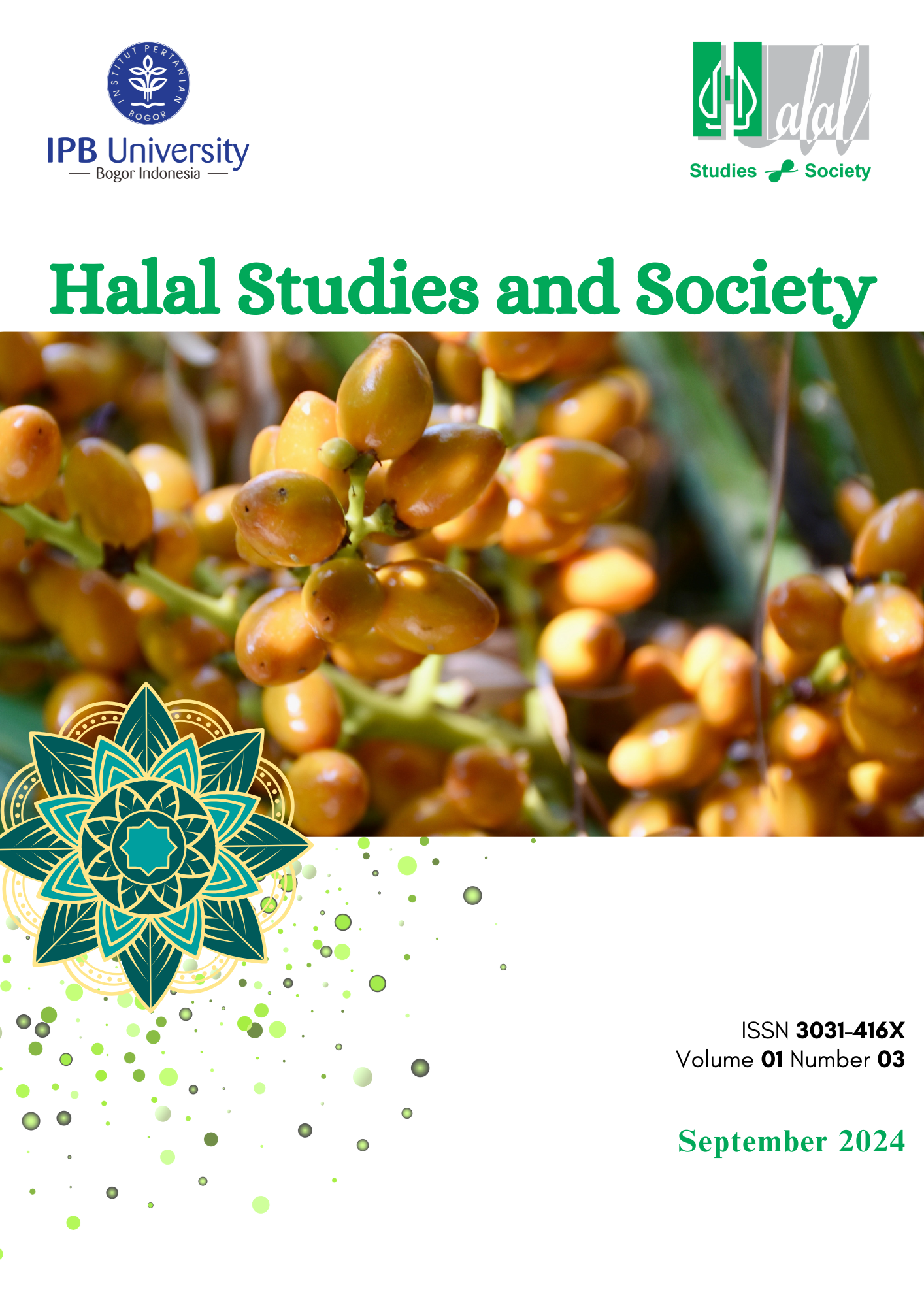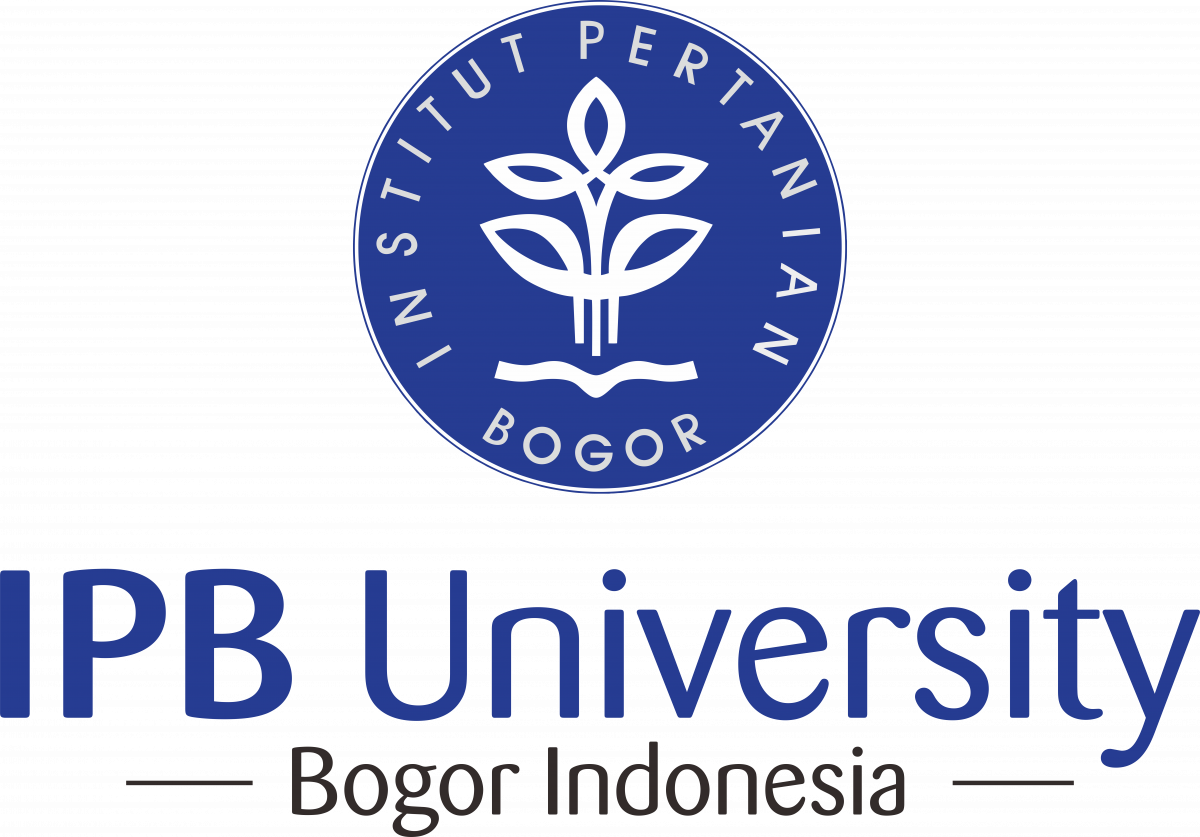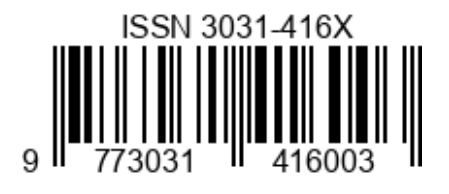From Tokyo to Manila: The adaptation of halal Japan application system in promoting halal awareness in the Philippines
Abstract
The adaptation of the Halal Japan Application System is able to serve as a model to promote halal awareness in the Philippines. This is because the country has a Muslim minority and significant potential for the growth of the halal industry. The concept of Halal, derived from Islamic teachings, covers more than dietary restrictions by influencing lifestyle choices and consumer behavior across diverse sectors, including food, cosmetics, and tourism. Therefore, this research aimed to discuss the challenges and opportunities within the halal certification landscape in both Japan and the Philippines. The trend is associated with the persistence of issues such as the lack of a centralized regulatory body and varying standards among certifying agencies in Japan despite the advancements in halal certification since 2010 and the development of the Halal Japan app. Meanwhile, the Philippines faces infrastructural and awareness challenges in its burgeoning halal sector. The implementation of a similar halal app could bridge these gaps, enhancing accessibility and reliability for local and international Muslim communities. This comparison showed the need to improve the certification processes and community engagement strategies to establish the Philippines as a key player in the global halal market in order to foster economic growth and cultural integration.
References
Acas SS, Loanzon JIV. Determinants of halal food purchase intention among Filipino Muslims in Metro Manila. Arabian Journal of Business and Management Review. 2020;10(3):1-7.
de Castro MM, Mariano RA, Nuñez CL, Legaspi AP. Philippine halal food export industry: life cycle, trends, and global outlook. E3S Web of Conferences. 2021. https://doi.org/10.1051/e3sconf/202131602044
Deniar SM, Effendi TD. Halal food diplomacy in Japan and South Korea. Journal of Social and Political Sciences. 2019;2(3):804-813. https://doi.org/10.31014/aior.1991.02.03.121
[DTI] Department of Trade and Industry. DTI Secretary Pascual highlights Philippines' halal market potential in key stakeholders forum. 2024.
Dubé FN, HaiJuan Y, Lijun H. Halal certification system as a key determinant of firm internationalisation in the Philippines and Malaysia. Asian Academy of Management Journal. 2016;21(1).
Farid M, Basri H. The effects of haram food on human emotional and spiritual intelligence levels. Indonesian Journal of Halal Research. 2020;2(1):21-26. https://doi.org/10.15575/ijhar.v2i1.7711
Halal Japan. Halal Japan App. Versi 3.0. [Mobile Application]. 2024.
Hasnan N, Kohda Y. Halal supply chain: challenges of halal certification in Japan. European Proceedings of Social and Behavioural Sciences. 2023. https://doi.org/10.15405/epsbs.2023.11.02.60
Konety N, Aditiany S, Nidatya N. Japan's rational choice in developing the halal industry. MIMBAR: Jurnal Sosial dan Pembangunan. 2021;37(1):187-198. https://doi.org/10.29313/mimbar.v37i1.7057
Liba RT. Practices and challenges of halal restaurants in Metro Manila. Journal of Tourism Research & Hospitality. 2022;11(8):1-13.
Lubis FRA, RGP MA, Yuandita R. Comparative study of the potential of the halal industry in developed countries vs developing countries. ARBITRASE: Journal of Economics and Accounting. 2022;3(1):95-102. https://doi.org/10.47065/arbitrase.v3i1.459
[MUI] Majelis Ulama Indonesia. Lampiran Fatwa MUI No. 10 Tahun 2018 tentang Makanan dan Minuman Mengandung Alkohol. 2018.
Ménard C, Valceschini E. New institutions for governing the agrifood industry. European Review of Agricultural Economics. 2005;32(3):421-440. https://doi.org/10.1093/eurrag/jbi013
Nayeem AR. Halal food awareness of young adult Muslim consumers: Comparative study between Bangladesh and Philippines. Global Journal of Management and Business Research: E-Marketing. 2018;18(7):1-10.
Othman B, Shaarani SM, Bahron A. The potential of ASEAN in halal certification implementation: A review. Pertanika Journal of Social Sciences and Humanities. 2016;24(1):1-24.
[PSA] Philippine Statistics Authority. Religious affiliation in the Philippines: 2020 Census of Population and Housing. 2022.
Rahman MM, Razmini MSA, Ariffin AS, Hashim N. Navigating moral landscape: Islamic ethical choices and sustainability in halal meat production and consumption. Discover Sustainability. 2024;5(225). https://doi.org/10.1007/s43621-024-00388-y
Ridho M, Anggarini A, Oktaviani Y. Halal and haram food in Islam: Science perspective. El-Faqih: Jurnal Pemikiran dan Hukum Islam. 2021;7(2):125-142.
Salindal NA. Halal certification compliance and its effects on companies' innovative and market performance. Journal of Islamic Marketing. 2019;10(2):589-605. https://doi.org/10.1108/JIMA-04-2018-0080
The Economist. The number of Muslims in Japan is growing fast. 2019.
You D, Hu M. A comparative study of cross-platform mobile application development. International Journal of Computer Applications. 2021;177(38):1-8.
Copyright (c) 2024 Eko Ruddy Cahyadi, Revina Novri Azahra, Haikal Fabian, Putri Latisya

This work is licensed under a Creative Commons Attribution-ShareAlike 4.0 International License.












